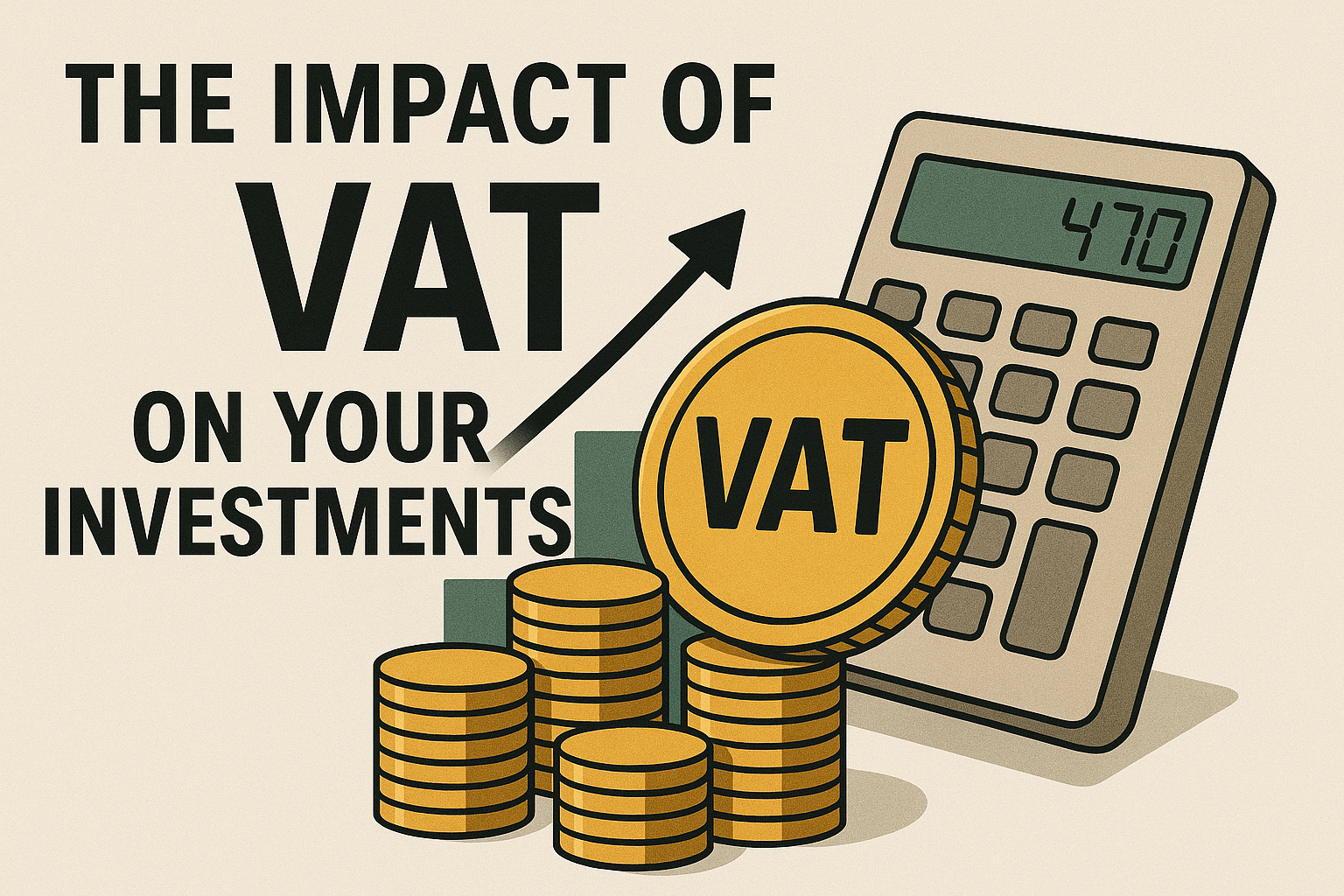Like many South Africans, you are likely to have received a letter from your bank, insurer or cellphone service provider giving you 30 days’ notice of a pending 0.5 percentage point VAT increase coming into effect on 1 May. Aside from the inevitable increase in the cost of living, what might the effect be on your investment portfolio?
Luthando Mzilikazi, Gauteng regional manager for Nedgroup Investments, points out that there will be an impact on the purchasing power of your invested capital.
“The VAT hike adds 0.3% to headline inflation, pushing the 2025 expected average to between 3.1% for the first quarter of 2025 and 5.1% by the end of the year. In practical terms, a retiree with R3-million in savings loses R120,000 of purchasing power in one year,” Mzilikazi says.
She says this is one reason to consider investing in funds and assets that grow your capital at a pace that offsets the inflation rate and the price-level rise in sticky expens- line items.
Mark Phillips, head of portfolio management and analytics at PPS Investments, explains that a 1% management fee would rise to 1.155% after the VAT increase.
So, if you had an investment portfolio worth R100,000 and the annual management fee is 1%, the fee would be R1,000 (exclusive of VAT). At the current VAT rate of 15%, the VAT would be R150, making the total fee R1,150.
“With the new VAT rate of 15.5%, the VAT would be R155, bringing the total to R1,155. This represents a modest increase of R5 on a R100,000 portfolio under a 1% management fee scenario,” Phillips says.
The impact on your portfolio
The VAT increase is expected to have a negative impact on growth, inflation and consumers’ disposable income.
Reza Hendrickse, portfolio manager at PPS Investments, says if you hold retailer stocks such as Shoprite or Pepkor, these businesses are likely to pass the VAT increase to consumers.
“You’ll see an immediate impact in terms of prices at the tills,” Hendrickse says. “Based on the proposed VAT increase from 15% to 15.5%, all VAT-inclusive fees, including investment management fees, would increase slightly. However, VAT is charged only on the actual fee amount, not on the total value of the investment portfolio.”
Impact on living costs
As for the impact on living costs, Mzilikazi says the costs for a consumer spending R25,000 a month on VAT-rated items will increase to R3,875 a month in VAT from May this year (up from R3,750), rising to R4,000 a month in April 2026.
“While non-discretionary expenses like utilities, healthcare and basic groceries (zero-rated) remain unaffected, the VAT increase is in addition to annual increases in other essential expense items.
“These sticky expense items, which include electricity, fuel, medical aid and education, have jumped at a pace beyond that of the expected CPI for 2025,” she says.
What you can do
-
-
- Understand how VAT increases and economic changes affect different industries.
- Be aware that consumer purchasing power may be reduced.
- Evaluate how companies in your portfolio might pass on increased costs.
- Recognise that the economic environment is challenging but not catastrophic.
- Expect potential volatility in both local and global markets.
- Avoid knee-jerk reactions to short-term market movements. DM
-
This story first appeared in our weekly Daily Maverick 168 newspaper, which is available countrywide for R35.






